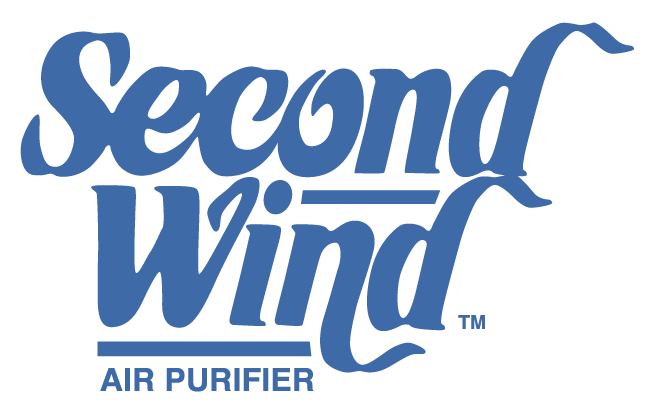Source: Universitiesnews.com
Cold Climate Innovation (CCI) of the Yukon Research Centre has partnered with the Canadian High Arctic Research Station (CHARS) and the Canada Mortgage and Housing Corporation (CMHC), to conduct a technological assessment of an essential part of northern homes: the heat recovery ventilation system (HRV).
HRV’s are a vital component to maintaining the health of both a building and its inhabitants. A HRV is a mandatory requirement for new buildings in Whitehorse; it exchanges stale air in a home for fresh outdoor air in a more cost-effective manner when the machine is maintained and operating efficiently. This project aims to determine how HRVs perform in extreme northern climates and how they can be designed and installed to better meet northern needs.
“An HRV is like the lungs of a healthy home and we want this technology to be the best it can be for residents in Canada’s North”, said Stephen Mooney, Director, Cold Climate Innovation. “Through collaboration with key stakeholders, we hope to improve indoor air quality in, and the durability of, housing for arctic regions around the world”, said Mooney.
CCI has installed a variety of HRV units in Whitehorse, Yukon, and in Cambridge Bay, Nunavut. These units are currently being monitored and the data will be collected and analyzed to determine what features are required to make the optimum HRV for northern conditions. These findings will be published in March 2015 and shared with HRV manufacturers and other stakeholders.
“The data collected from this HRV study is not only in line with the mandate and priorities for CHARS, but it will also inform the design of the Station’s infrastructure”, said Dr. Martin Raillard, Chief Scientist, CHARS. “CHARS is looking at how existing technologies used in Southern Canada can be adapted to function under Arctic conditions to address some of the pressing issues facing Northerners in a changing North”, said Raillard.
In addition to improving HRV technology, this project aims to educate owners and housing authorities on how to properly operate and maintain an HRV.
Funding for this project has come from the Canadian High Arctic Research Station, Canada Mortgage and Housing Corporation and Yukon Housing Corporation (YHC). YHC, the Cambridge Bay Housing Association, the Hamlet of Cambridge Bay and the Nunavut Housing Corporation are providing technical expertise.
The Yukon Research Centre (YRC) at Yukon College has seven key programs: Biodiversity Monitoring, Cold Climate Innovation, Northern Climate ExChange, NSERC Industrial Research Chair for Colleges in Mine Life Cycle, Technology Innovation, Science Adventures, and Resources and Sustainable Development in the Arctic. Core funding for the Yukon Research Centre is provided by Yukon Education and funding for Cold Climate Innovation is provided by Yukon Economic Development.








